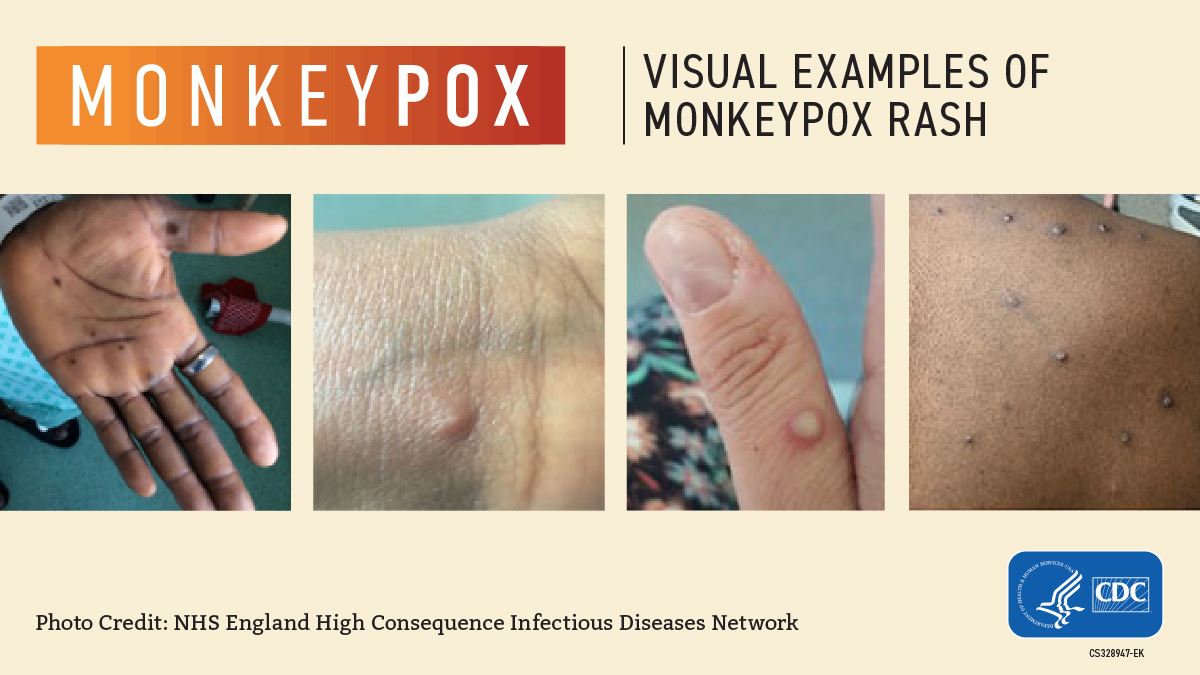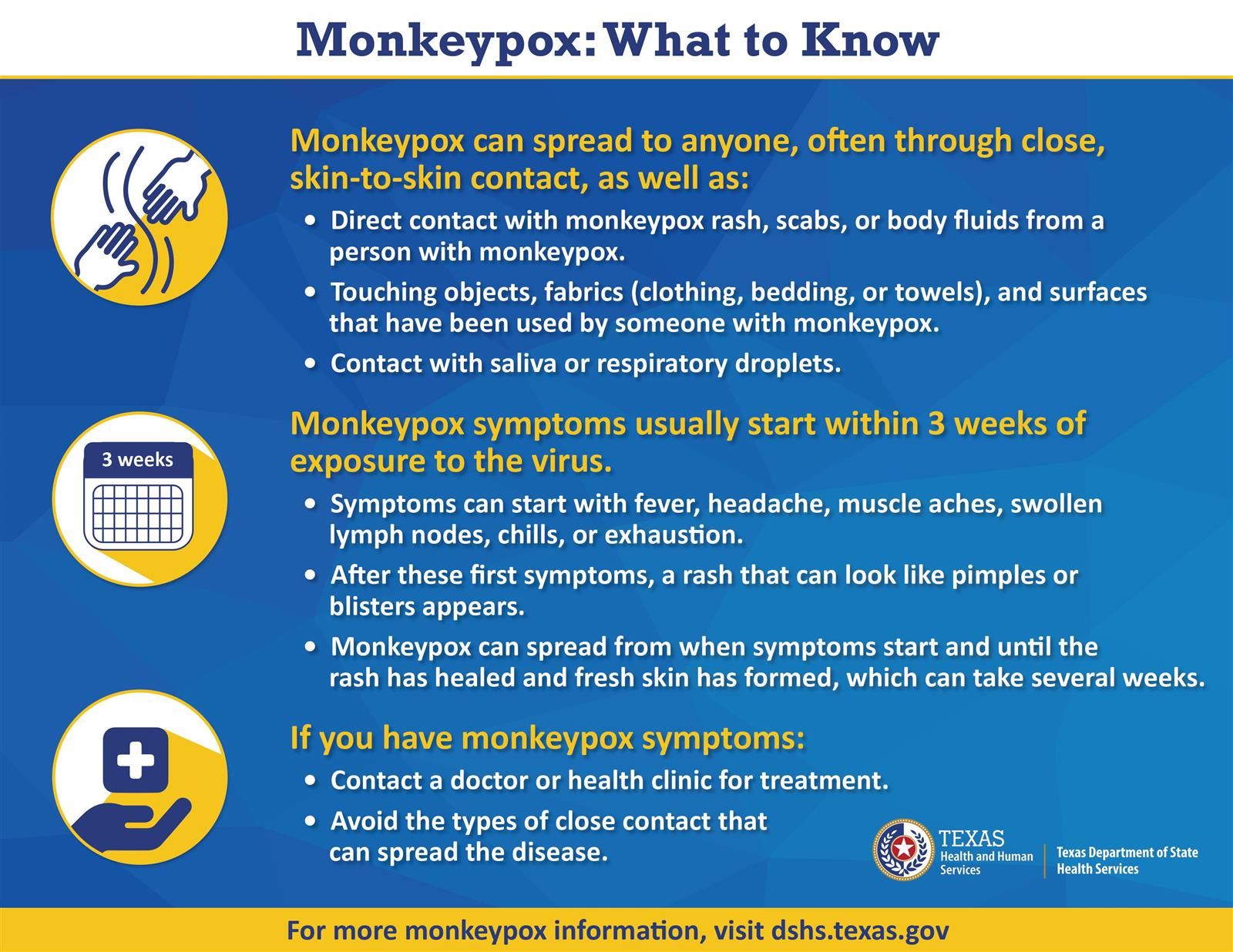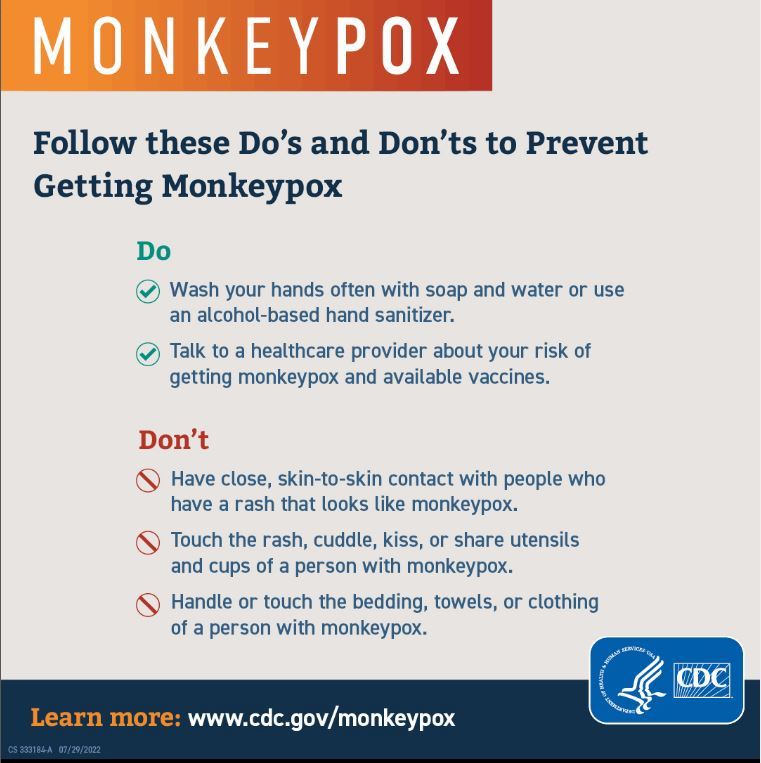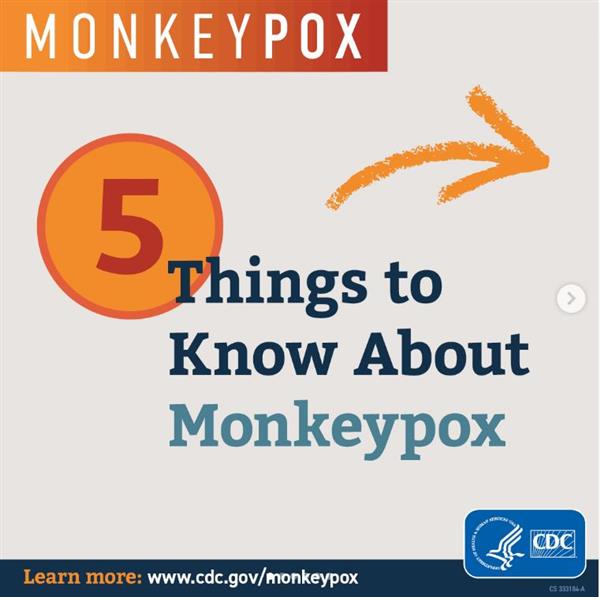Communicable Diseases
Huntsville ISD follows the guidance and expertise of national and local health officials to help protect our students and staff from all communicable diseases.
Please be assured that Huntsville ISD will continue to be in communication with our health authorities and will continue to follow their guidance and expertise to help protect our students and staff from ALL communicable diseases. We do have a proactive plan with a number of preventative measures already in place district-wide.
Preventing The Spread Of Infection
This website includes information about our ongoing and daily efforts to keep our students and staff safe and healthy, and reminders for parents and guardians.
The District takes the following measures to ensure a safe learning environment for all students and staff:
Continuously educate students, staff, and community members about the importance of frequent hand washing; covering a cough or sneeze; not touching one’s eyes, nose, and mouth; staying home when ill; and other measures to prevent the spread of all communicable disease;
Routinely disinfect campuses with hospital-grade cleaner which is effective against multiple disease-causing viruses and bacteria;
Monitor students for symptoms and refer students to the school nurse for assessment as appropriate;
School nurses exclude students from school attendance according to Department of State Heath Services Guidelines; and
Work with local, state and federal health authorities for any suspected case of a "Reportable Condition."
Parents and guardians can help to keep their children, our schools, and community healthy by:
Observing their child for signs of infection, which may include coughing, colds, fever, itching on the skin and scalp and unusual rashes.
Keeping sick students at home and seeking medical attention for severe illness.
Reinforcing the importance of good hand hygiene.
Adopting healthy practices, such as disposing of used tissues, coughing into a sleeve rather than into a hand, and not touching one’s eyes, nose, and mouth
Keeping children home until free of fever for 24 hours (without the aid of fever reducing medication)
Keeping children home until diarrhea free for 24 hours (without the aid of anti-diarrheal medication)
Receiving the flu vaccine
Tips to minimize spreading infection:
Avoid touching your eyes, nose, or mouth. Germs spread this way.
Cover coughs and sneezes. Use a tissue to cover coughs and sneezes, then dispose of the tissue. When a tissue is not available, cough or sneeze into your elbow.
Clean and disinfect frequently touched surfaces at home, especially when someone is ill.
Wash hands for 20 seconds. Washing hands often under clean, running water can help prevent the spread of germs.
For more guidance, see the CDC: When and How to Wash Your Hands. If you cannot wash your hands, use alcohol-based hand sanitizer with at least 60-95% alcohol.
COVID-19 Information
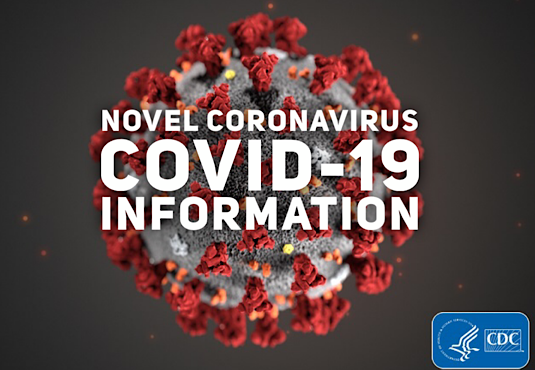
Huntsville ISD monitors all communicable diseases including the 2019 Novel Coronavirus (COVID-19) We work closely with the Walker County Health Authorities and follow the Communicable Disease Chart for Schools and Child-Care Centers from the Texas Department of State Health Services.
Click here to view the Huntsville ISD Return to School/Work Plan.
Health Screening & Daily Safety Protocol
HEALTH SCREENING SELF CHECK - REQUIRED DAILY!
**ATTENTION ALL HISD Faculty, Staff, Students, Parents & Visitors**
Health Screening Self Check:
Required Daily Screening: Prior to arriving to school, boarding school transportation or entering
any Huntsville ISD facility, ALL students, staff, parents and visitors should self-screen.
You must be able to answer “no” to each question below.
Have you recently started to experience any of the following symptoms in a way that is NOT normal for you?
Feeling feverish or a measured temperature greater than or equal to 100.0 degrees Fahrenheit
Loss of taste or smell
Cough
Difficulty breathing
Shortness of breath
Headache
Chills
Sore throat
Shaking or exaggerated shivering
Significant muscle pain or ache
Diarrhea
If you answer "yes" to any of the above, please do NOT come on site.
**Parents -- If you, your child, or ANYONE residing in the same home as your child, are not feeling well, please keep the child home from school as a precautionary measure.**
Monkeypox - Fall 2022
The Department of State Health Services has been closely monitoring and responding to the monkeypox virus. In order to continue to slow its spread in our region and prevent any further deaths, we are helping share credible information about the virus in our community.
The CDC has outlined the main things to know about monkeypox. You can follow pages like the CDC, Texas DSHS, or the Houston Health Department on Twitter, Facebook, Instagram, and YouTube for more information.
Other Helpful Information
CA Department of Public Health: Difference between monkeypox and COVID-19
